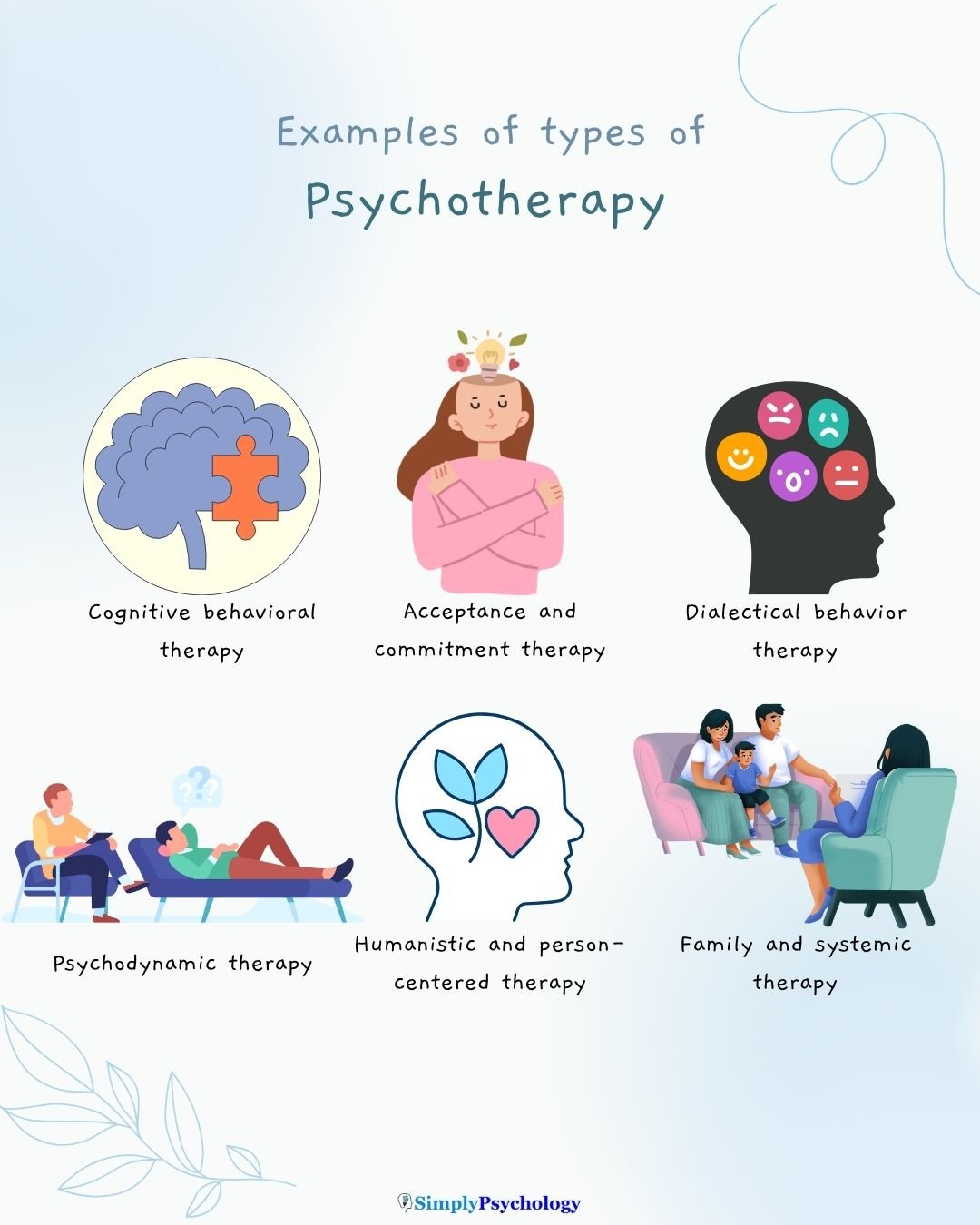7 Powerful Ways low cost therapy Helps You Save Money
Wiki Article
Checking out the Advantages of Virtual Therapy in Modern Mental Healthcare
The surge of virtual therapy marks a substantial change in psychological healthcare. It offers improved accessibility, enabling people from diverse histories to look for assistance without geographical constraints. Flexibility in scheduling fits varying way of lives, while the comfort of home can promote openness. However, the implications of these adjustments extend past plain convenience. The evolving landscape of therapy raises essential inquiries about its long-term effects on client involvement and therapy end results.Enhanced Access for All
Although conventional therapy usually provides barriers such as geographical place and scheduling problems, virtual therapy greatly improves access for people looking for mental wellness support. By getting rid of the need for physical travel, virtual therapy enables customers from remote areas or those with movement obstacles to get in touch with qualified specialists. This setting of therapy can get to underserved populaces who may do not have local mental health resources, thereby attending to variations in accessibility to care. Furthermore, virtual platforms can deal with varied requirements, using solutions in multiple languages and fitting numerous cultural histories. Customers can engage with a broader range of professionals, offering them with alternatives that straighten with their certain needs and choices. This boosted access fosters an extra inclusive setting, permitting people to seek help without the stigma commonly related to in-person check outs. Generally, virtual therapy represents a substantial improvement in making psychological health and wellness care a lot more available to all.Versatility in Scheduling Procedure

As virtual therapy remains to acquire grip, its integral versatility in organizing sessions verifies to be a significant advantage for numerous people. Unlike traditional in-person therapy, virtual therapy allows customers to select session times that finest fit their individual and specialist commitments. This flexibility accommodates those with demanding work schedules, family members responsibilities, or various other commitments that can make attending physical appointments challenging.
Customers can easily reschedule or readjust their sessions as required, decreasing the stress connected with rigid consultation systems. The accessibility of various time ports throughout the week, including evenings and weekends, further improves access. This versatility not just urges uniformity present but additionally promotes a better commitment to the healing process. Inevitably, the flexibility in organizing sessions represents a transformative shift in mental healthcare, equipping individuals to prioritize their wellness without giving up other elements of their lives.
Comfort of a Familiar Environment
The comfort of an acquainted environment considerably enhances the efficiency of virtual therapy for many clients. Taking part in therapy from the safety of their very own homes allows individuals to really feel even more at simplicity, lowering stress and anxiety that may come with traditional in-person sessions. This knowledge can help with open communication, allowing clients to share their thoughts and sensations a lot more freely.The presence of personal items and the ability to manage their environments can contribute to a feeling of protection and leisure. Clients usually report that being in a comfortable space allows them to concentrate extra on the therapeutic procedure rather than the setting itself.
Furthermore, the informal nature of virtual sessions can help liquify obstacles that might exist in a standard office atmosphere, fostering a deeper link with specialists. Generally, the comfort of acquainted environments plays an important role in enhancing the therapeutic experience and performance for many individuals seeking psychological wellness assistance.
Bigger Series Of Restorative Choices
A bigger series of healing alternatives ends up being readily available through virtual therapy, enabling clients to access various modalities that might not be viable in standard settings. This versatility makes it possible for people to discover varied approaches such as cognitive-behavioral therapy, mindfulness practices, art therapy, and even specialized treatments like trauma-informed treatment or dialectical behavior modification.Clients can pick from a wider range of specialists, including those that specialize in niche areas or specific populaces, improving the likelihood of discovering an appropriate match. Virtual systems typically provide access to team therapy sessions, assistance areas, and workshops that might be geographically not available or else.
This variety equips customers to take part in their recovery procedure according to their unique preferences and requirements, potentially raising motivation and commitment to therapy. As a result, the landscape of mental healthcare becomes extra comprehensive and adaptable, dealing with a bigger variety of individual experiences and obstacles.
Decreased Preconception Bordering Therapy
Accessing therapy with virtual platforms adds to a considerable reduction in the stigma traditionally related to psychological wellness treatment. By providing a discreet and exclusive environment, virtual therapy enables people to seek aid without the worry of being evaluated or recognized. This privacy appeals to those who might otherwise wait to go after in-person therapy due to social perceptions surrounding mental health.As the occurrence of virtual therapy rises, it stabilizes the discussion around psychological health, making it an extra acceptable component of day-to-day life. People commonly feel much more comfy reviewing their experiences online, advertising visibility and lowering sensations of seclusion. The accessibility of these solutions also urges a wider group to involve with mental wellness sources, cultivating a society of assistance as opposed to embarassment. Eventually, the increase of virtual therapy plays a crucial duty in improving attitudes in the direction of seeking aid, adding to a much more accepting society relating to psychological health and wellness obstacles.
Cost-Effectiveness and Affordability

Lowered Session Prices
Many people seeking psychological health assistance locate that virtual therapy substantially lowers session costs compared to typical in-person choices. The elimination of traveling costs and pause job frequently contributes to overall savings. Furthermore, many virtual specialists offer competitive prices because of reduced overhanging costs connected with keeping a physical office. This change in go to the website expense enables customers to accessibility top quality psychological health and wellness services without the monetary stress that may feature standard therapy. For several, this price allows much more frequent sessions, which can enhance treatment results. As a result, virtual therapy not only equalizes access to mental health and wellness treatment yet additionally offers a lasting financial design that lines up with customers' budgets, making mental wellness support more attainable for a broader audience.Expanded Accessibility Choices
While traditional therapy frequently presents logistical obstacles, virtual therapy substantially broadens access options for individuals looking for psychological wellness treatment. By getting rid of the requirement for traveling and allowing flexible scheduling, virtual therapy fits diverse way of livings and dedications. This availability is specifically helpful for those in remote locations or with wheelchair challenges. Additionally, the cost-effectiveness of virtual therapy decreases financial pressure, making psychological wellness solutions a lot more obtainable. Numerous platforms offer tiered pricing or sliding scale costs, advertising cost. Insurance provider progressively recognize virtual therapy, further boosting its monetary availability. On the whole, virtual therapy not just broadens the range of that can obtain treatment however additionally addresses economic barriers, making mental wellness assistance extra comprehensive and obtainable for all.Boosted Connection of Care
Boosted continuity of care becomes a considerable benefit of virtual therapy in modern psychological wellness treatment. This method enables people to preserve consistent interaction with their therapists, no matter geographical obstacles or organizing problems. couples counselling. The adaptability of virtual sessions fosters normal check-ins, which are vital for checking progression and adjusting therapy intends as neededIn addition, digital wellness documents and telehealth systems help with smooth information sharing amongst treatment service providers. This interconnectedness assures that all professionals associated with a client's treatment are upgraded on treatment growths, leading to even more worked with and reliable treatments.
Patients usually experience reduced anxiousness and boosted engagement as a result find out of the benefit of accessing therapy from familiar atmospheres. Such accessibility enhances adherence to therapy programs, ultimately improving results - relationship therapy. To sum up, virtual therapy not just bridges gaps in mental health solutions but likewise fortifies the continuity of care, an important element of successful therapeutic connections
Frequently Asked Inquiries
How Does Virtual Therapy Make Certain Discretion and Personal Privacy for Clients?
The present question addresses the procedures virtual therapy employs to protect customer privacy. Utilizing encrypted platforms, protected logins, and compliance with regulations like HIPAA, virtual therapy warranties that delicate info continues to be personal and hard to reach to unauthorized people.Can I Switch Therapists Quickly in Virtual Therapy?
Switching over specialists in virtual therapy is generally uncomplicated. Clients can communicate their need for a change with the system, permitting versatility in locating a better suit without the logistical challenges of in-person appointments.What Technology Do I Need for Virtual Therapy Procedure?
To take part in virtual therapy sessions, a private usually needs a reputable net connection, a computer or smartphone with a camera and microphone, and access to a protected video conferencing platform specified by their specialist.
Are Virtual Therapy Procedure as Effective as In-Person Procedure?
Current research studies indicate that virtual therapy sessions can be equally reliable as in-person sessions, depending upon the person's preferences and scenarios. Variables such as comfort and ease of access might improve the general therapeutic experience for some customers.What Should I Do if I Experience Technical Issues During a Session?
If technological issues emerge throughout a session, one should smoothly connect the trouble to the therapist, effort to reconnect, or switch to a backup approach. Persistence and adaptability are important in handling these disruptions.Report this wiki page